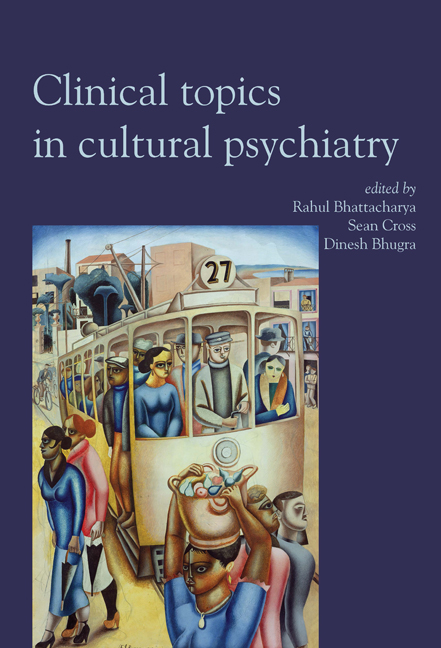Preface
Summary
Culture is what makes us who we are. We are born into a culture and gradually absorb its cultural values and mores, often without realising it. Culture influences our cognitive schema, the way we deal with stress and respond to others. More importantly, culture influences the way individuals perceive and express distress and how they seek help. Cultures also dictate how healthcare systems develop and deliver care. In this era of globalisation, cultures are directly and indirectly influenced by each other. Under these circumstances, it is imperative that clinicians are aware of cultural factors in the genesis and management of psychiatric disorders. Every individual has a culture and cultural roots do go deep. It behoves clinicians to understand their patients in their social and cultural contexts so that the therapeutic alliance can be strengthened.
Advances in Psychiatric Treatment as a journal set a precedent in 1997 when it started a series of articles on culture and psychiatric disorders. Over the past decade or so it has published several contributions in this field and is continuing to do so. With the new curriculum developed by the Royal College of Psychiatrists in 2005 and since, cultural psychiatry has become a significant part of training of psychiatrists. It was decided to put articles from Advances together in a single volume not only so that practising clinicians can benefit from the cumulative knowledge, but also that other mental health practitioners may have access, thereby helping to ensure that clinical teams can work together effectively and provide optimal care to their patients, irrespective of their ethnicity, culture or religion. We chose a number of existing articles and asked their authors to revise them. However, in the process we discovered that many subjects had not been previously covered so we commissioned several new chapters We are most grateful to all our authors, old and new, for providing updated reviews in a field that is changing fairly rapidly. Thanks are also due to Professor Peter Tyrer, Dr Joe Bouch and Dr Jonathan Green for their vision and encouragement.
- Type
- Chapter
- Information
- Clinical Topics in Cultural PsychiatryAn Operational Handbook, pp. xix - xxPublisher: Royal College of PsychiatristsFirst published in: 2017

